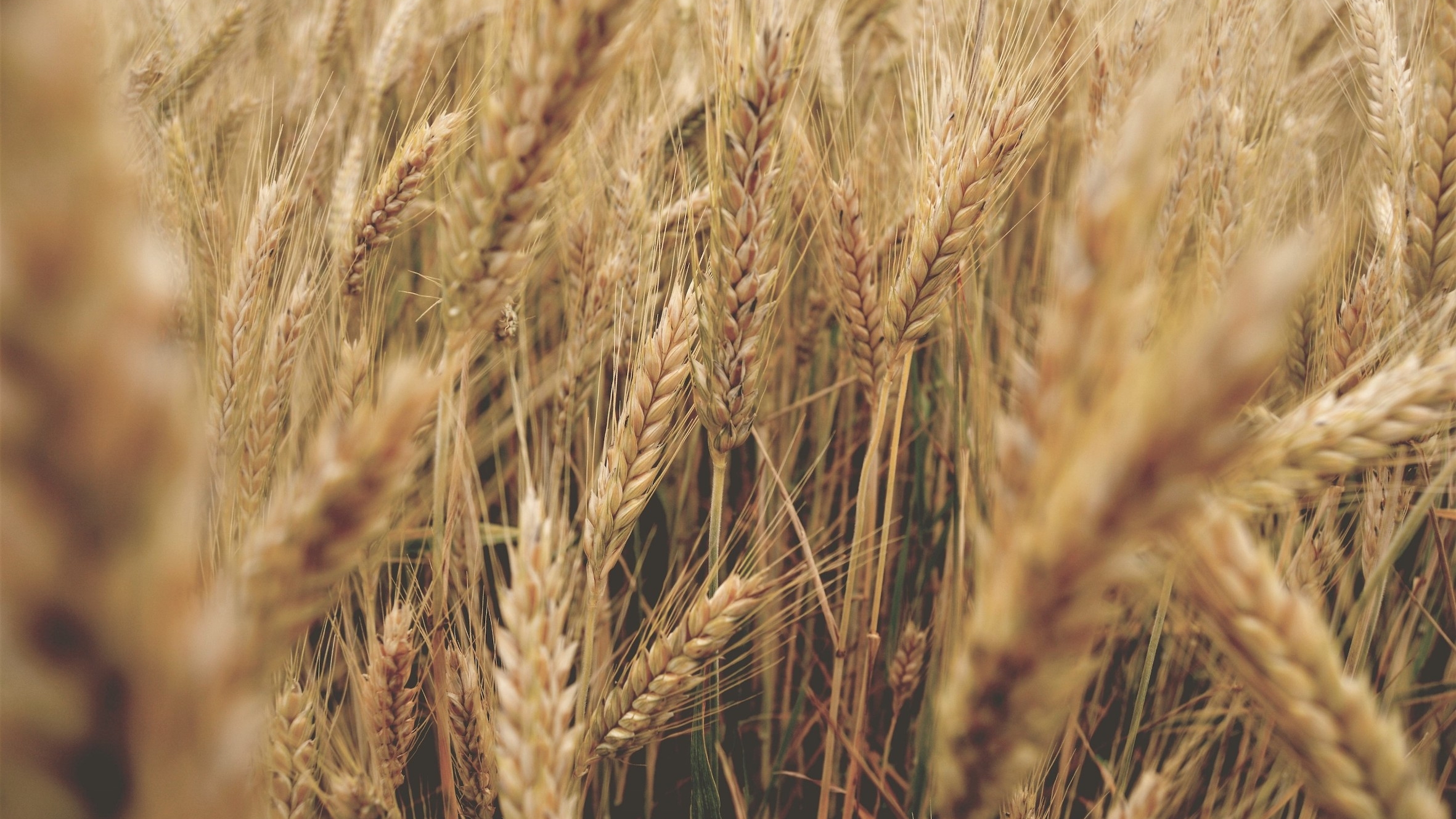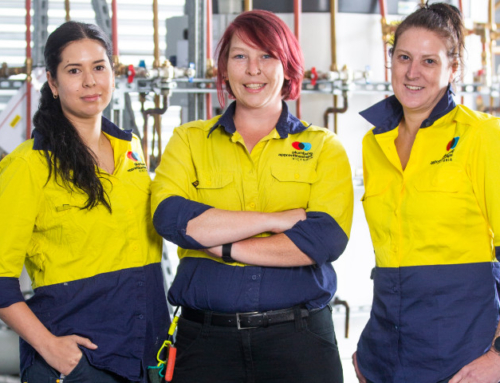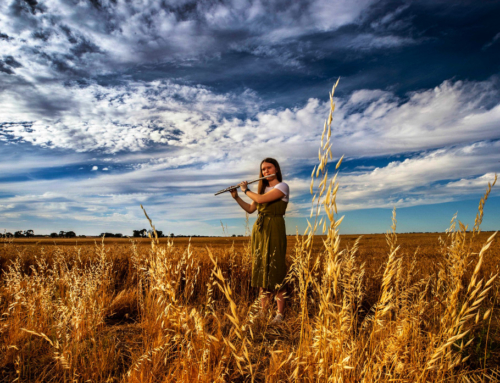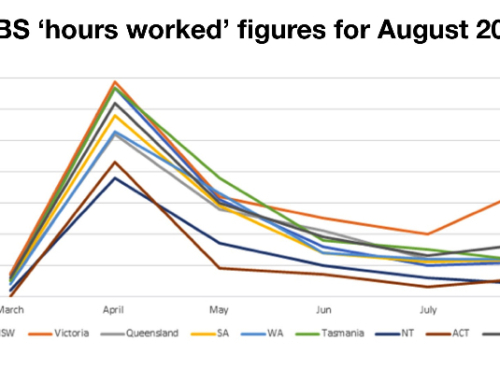
New figures from the Australian Bureau of Statistics (ABS) indicate some the impact that the COVID-19 crisis and the January bushfires have had on employment across rural and regional Victoria.
The number of people employed outside of metropolitan Melbourne fell by 20,800 between February and May 2020.
Driving this decline were employment falls in the Gippsland region, which saw the number of people employed drop by 11,200 between February and May 2020, a fall of just under 10 per cent.
Before the pandemic struck, there were about 300,000 jobs based in rural Victoria. While the unemployment rate for regional and rural Victoria increased to 4.9 per cent in May from 3.4 per cent the previous month, the rate would have been far higher without the Federal Government’s JobKeeper and JobSeeker support payments to workers.
Rural Councils Victoria Chair Cr Mary-Ann Brown said:
“The detailed Australian Bureau of Statistics figures show that there are now an extra 18,400 rural and regional Victorians not in the labour market.
“This is major blow to rural communities and we are calling on the state and federal government to do what they can to provide support.”
“Research by Rural Councils Victoria shows that a job in a rural town with 1,000 people or less has 37 times greater positive impact on local economies than a job in a regional city with a population of 100,000 or more.”
Cr Brown reiterated RCV calls for the state and federal government to provide a $4 billion Emergency Package for rural Victoria, saying the package is crucial for rural communities, families, workers as well as food security and the health and wellbeing of Australians generally.
Cr Brown said:
Rural Victoria is crucial to the state on many levels. Before the pandemic:
- There were about 300,000 jobs based in rural Victoria.
- Rural Victoria contributed about $40 billion to Victoria’s gross state product.
- The largest employing industry in rural Victoria was agriculture, which is essential for the national economy. Victorian food and fibre product exports were worth $14.2 billion in 2018-19 and comprised 27 per cent of the Australian export total.
- The tourism sector was also vital to the rural economy and the state’s economy as a whole. Rural and regional tourism in Victoria was worth $8.1 billion in 2017-18.
“The Federal and State governments must step up with a Rural Emergency Package to ensure food security, as well as maintaining and creating jobs.”
Cr Brown said the Emergency Package would:
- Provide rate relief for individuals and business
- Bringing forward essential road repairs
- Provide stimulus for tourism-related businesses (such as payments for workers who can then be employed to undertake repairs etc)
- Extend contracts with existing projects
- Bring forward projects from future years (i.e. move a cap-ex project due to start in 2021 or 2022 to now)
- Guarantee any funded projects that are at risk of being postponed due to drought, fire and COVID-19 issues
- Expand existing contracts to also include service/work for neighbouring municipalities
- Provide funds to external-council partner organisations (such as charities) that are contracted to provide services for council work
- Expand existing private sector funded projects with government funding.






